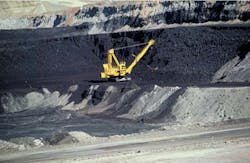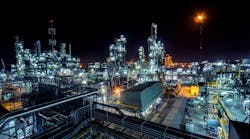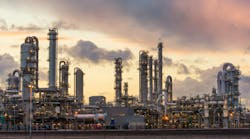There is a common belief that exporting U.S. coal to China is a certain recipe for environmental disaster. Burning coal is one of the most powerful factors for the increase in the amount of carbon in the atmosphere and, consequently, of global warming. In addition, the country receiving the exported coal has among the largest industries in the world, suggesting that it will be burning staggering quantities of coal to meet demand.
In light of all this, opposing proposed plans to ship coal produced in Montana and Wyoming to Asia through ports in Washington and Oregon seems reasonable and justified and the opposition is gaining power. However, according to two economists from Stanford University, the truth is very different.
The two academics, Frank Wolak and Richard Morse, have claimed that exporting coal to China will in fact be beneficial to the environment and will lead to a decline in the amount of carbon in the atmosphere. In their study they argue that China will be burning the same amount of coal regardless of where it comes from simply because a large part of its economy is based on coal. The country has a large number of coal-fired plants and has significant coal reserves of its own. Despite that, China largely depends on imports for coal supply, as imported coal is cheaper.
RELATED: Asian energy markets to change in coming years
By contrast, China is not equipped to operate with natural gas, as it lacks the infrastructure and the facilities to adopt natural gas as a primary source of energy. The country needs to meet the increasing demand for electricity and coal is the cheapest source it can use.
Meanwhile, the U.S. revolution in drilling technology that boosted the production of natural gas and oil drove the price of gas relative to coal. This caused power producers to abandon coal and start using gas, which produces half as much carbon per kilowatt. Thus, carbon emissions in the United States have dropped. As a result, the total share of coal in U.S. electricity production slipped from half to about a third over the past decade, the two economists explain.
If coal is exported to China, supplies will become tight and this will push coal prices up in comparison to gas, causing the United States and Europe to burn less coal and to switch to other energy sources. This trend will bring about a net environmental benefit, despite the amounts of coal burned in China. By contrast, if coal export to China is blocked, the price of coal will fall in the United States, making gas appear to be more expensive and leading to rising levels of coal consumption and ultimately to a bigger carbon footprint.
Speaking at a Stanford conference, Wolak stated that if there are coal export terminals built on the West Coast, in places like Bellingham and Longview in Washington, the result will be beneficial both economically and environmentally.


